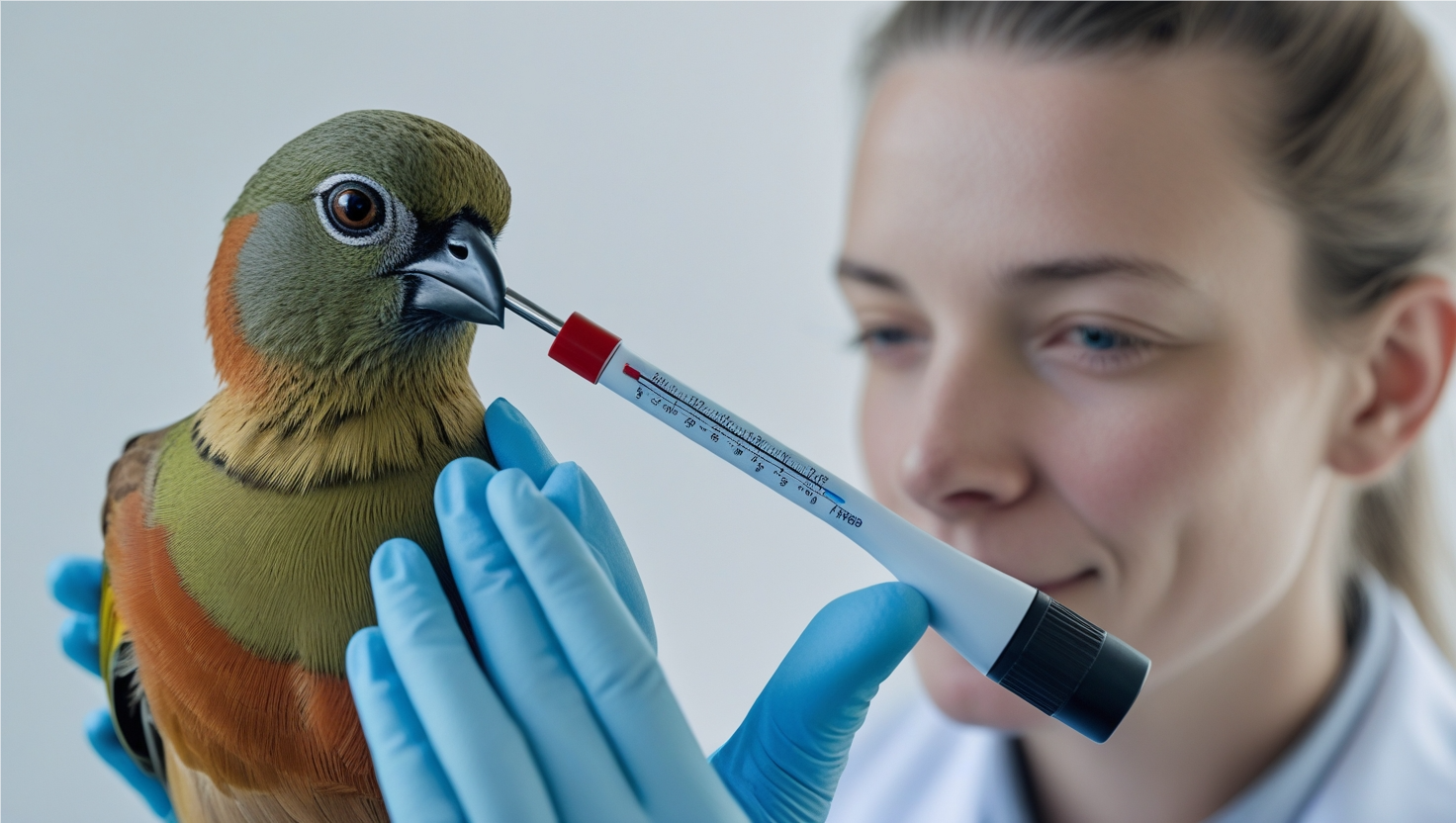Bird Flu’s Impact on Egg Prices and Poultry Farmers
The U.S. poultry industry has been severely impacted by the bird flu, with millions of chickens culled to stop the spread of the virus. This practice has contributed to the significant rise in egg prices, which recently hit an average of $4.95 per dozen. The bird flu’s persistence in wild bird populations has made it difficult to eradicate, and Kennedy believes this will continue to be a challenge moving forward.
Kennedy suggested that, instead of relying on vaccines, a more effective strategy might involve testing therapeutics on infected flocks while isolating them. He argued that allowing the disease to run its course could identify the birds that survive, as those birds may have a genetic predisposition for immunity. These survivors could then be bred to help strengthen future flocks and avoid mass culling.
Criticism of U.S. Government’s Handling of the Crisis
Kennedy also criticized the current U.S. government's approach to the bird flu outbreak. Last month, U.S. Secretary of Agriculture Brooke Rollins announced that the USDA would invest $100 million in bird flu vaccine research as part of a $1 billion strategy to combat the disease. However, Kennedy suggested that this response wasn’t enough and that more proactive measures should have been taken to address the crisis.
The Larger Context: Measles and Vaccination Concerns
While discussing the bird flu situation, Kennedy also touched on the current measles outbreak in Texas, which has resulted in 223 cases since January, including one death. He believes that both unvaccinated populations and the waning effectiveness of the measles vaccine are contributing to the spread of the disease. Kennedy argued that while vaccines help, they don’t provide lifetime immunity and can become less effective over time, especially for the elderly and unvaccinated children.
Kennedy reiterated that despite these concerns, HHS is still providing measles vaccines and resources like vitamin A to Texas in an effort to curb the outbreak.
The Path Forward: Rethinking Bird Flu Response
Kennedy’s position on the bird flu outbreak and poultry vaccination has raised eyebrows, but his broader call for rethinking how we handle such crises suggests a shift in how to manage both avian diseases and public health concerns. As the U.S. government grapples with the ongoing bird flu epidemic, these debates over vaccination, culling, and therapeutic research will likely continue to shape the response in the coming months.






